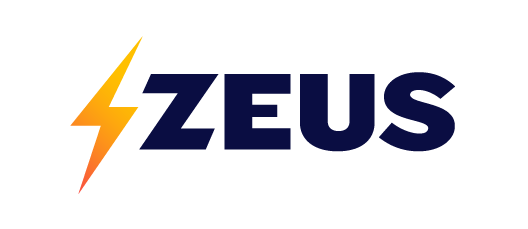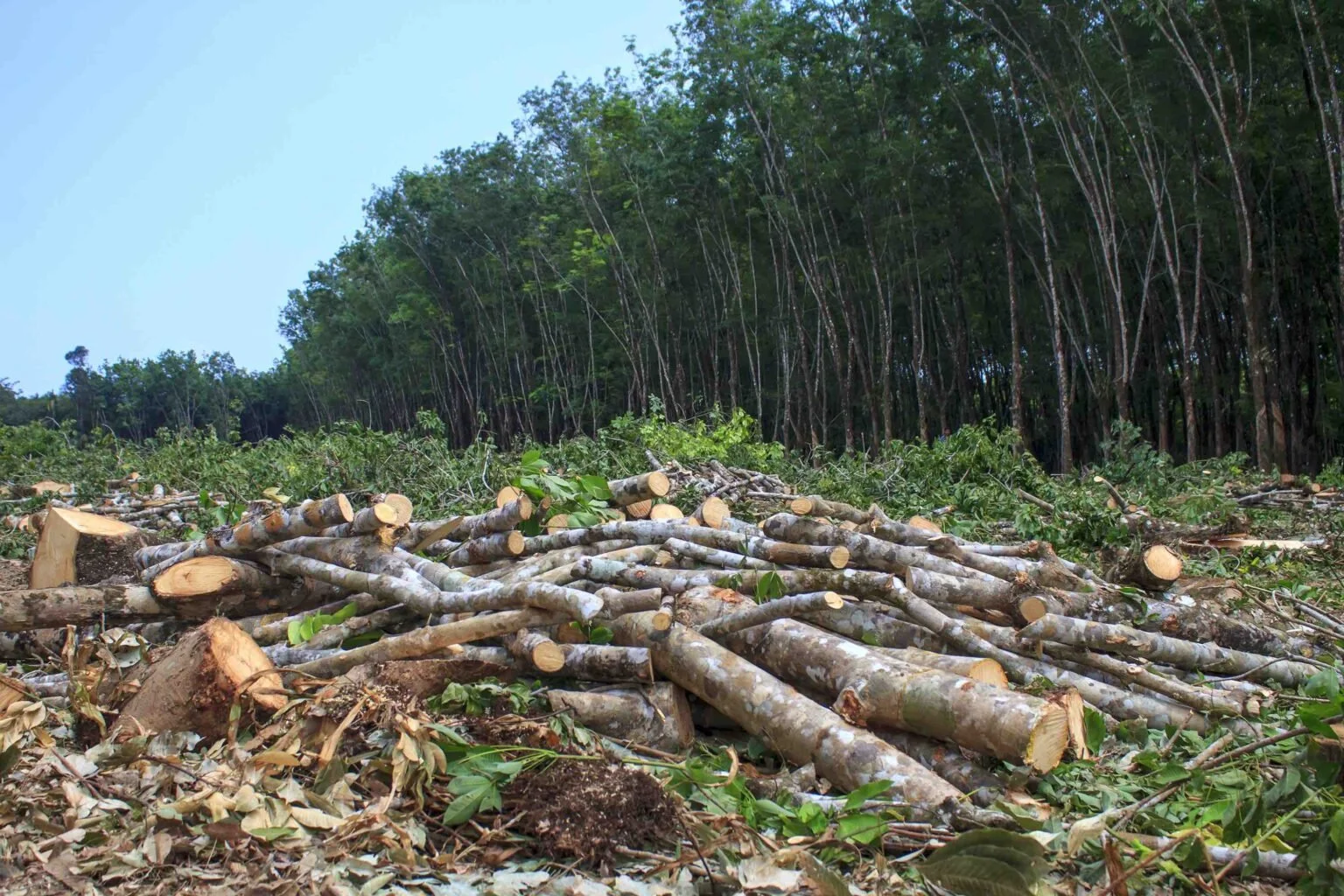EUDR
The European Union has adopted a new regulation to curb the EU market's impact on global deforestation and forest degradation around the world, as well as protecting the rights of indigenous peoples. The European Union Deforestation Regulation (EUDR) is a significant piece of legislation aimed at curbing deforestation and promoting sustainable practices within supply chains. Here’s an overview of what EUDR entails and how businesses can address its requirements:
What is EUDR?
1. Objective
The EUDR seeks to prevent the import of commodities and products linked to deforestation and forest degradation into the EU market. This includes ensuring that products sold in the EU are not contributing to deforestation, whether legal or illegal, in their country of origin.
2. Scope
The regulation covers a wide range of commodities including cattle, cocoa, coffee, palm oil, soy, and wood, as well as products derived from these commodities, such as leather, chocolate, and furniture.
3. Requirements:
Businesses must provide proof that the commodities and products they are importing into the EU are not sourced from deforested land or have contributed to forest degradation. This involves conducting due diligence and providing evidence of the sustainability and legality of their supply chains.
4. Due Diligence System:
Companies are required to establish a due diligence system that includes the collection of geo-location data of the production area, risk assessments, and risk mitigation measures to ensure compliance.
The EUDR was published in the EU Official Journal on 9 June 2023 and entered into force 20 days later on 29 June 2023. The main obligations will be applicable in December 2024, 18 months after the entry to force of the EUDR.*
How Can Businesses Address the EUDR?
1. Implement Robust Due Diligence Processes
Develop and maintain comprehensive due diligence processes to trace the origins of commodities and ensure they meet the EUDR standards. This includes collecting and verifying geo-location data and documentation proving the legality and sustainability of the products.
2. Engage with Suppliers
Work closely with suppliers to ensure they understand and comply with EUDR requirements. This may involve training suppliers on sustainable practices, conducting regular audits, and fostering transparent communication throughout the supply chain.
3. Invest in Technology
Utilize technology such as satellite imaging, blockchain, and advanced data analytics to monitor supply chains, verify the origins of products, and ensure compliance with the regulation.
4. Certification and Third-party Audits
Obtain certifications from recognized sustainability standards (e.g., FSC for forestry, RSPO for palm oil) and engage third-party auditors to validate compliance with the EUDR.
5. Risk Assessment and Management
Conduct regular risk assessments to identify potential deforestation risks within the supply chain and implement risk mitigation strategies. This might include diversifying suppliers, investing in sustainable sourcing initiatives, and enhancing traceability.
6. Stay Informed and Engage with Stakeholders
Keep abreast of regulatory updates and best practices related to deforestation and sustainability. Engage with industry groups, NGOs, and governmental bodies to stay informed and contribute to broader sustainability efforts.
7. Documentation and Reporting
Maintain thorough documentation and reporting mechanisms to provide evidence of compliance during inspections or audits by EU authorities. This includes keeping records of supply chain traceability, risk assessments, and mitigation actions.
8. Training and Capacity Building
Provide training for employees involved in procurement and supply chain management on EUDR requirements and sustainable sourcing practices. Building internal capacity ensures that all parts of the organization are aligned with compliance efforts.
By adopting these measures, businesses can not only comply with the EUDR but also contribute to global efforts to combat deforestation and promote sustainable development. Zeus can help you with your due diligence process, supplier engagement, third-party audits, risk assessment/management, documentation and reporting. Contact us to find out how it works. Gain visibility on each tier of your supply chain to prepare for the EUDR with Zeus. Trace your product's journey all the way back to the source by working together with your suppliers. Uncovering hidden risks and improving the sustainability of your supply chain have never been easier.
*Source: See Regulation (EU) 2023/1115 of the European Parliament and of the Council of 31 May 2023 on the making available on the Union market and the export from the Union of certain commodities and products associated with deforestation and forest degradation and repealing Regulation (EU) No 995/2010, available here.
Article 38 of the Regulation.



